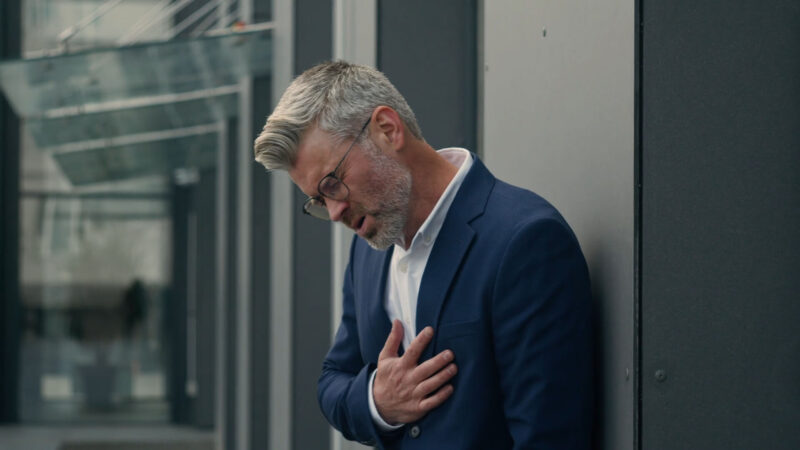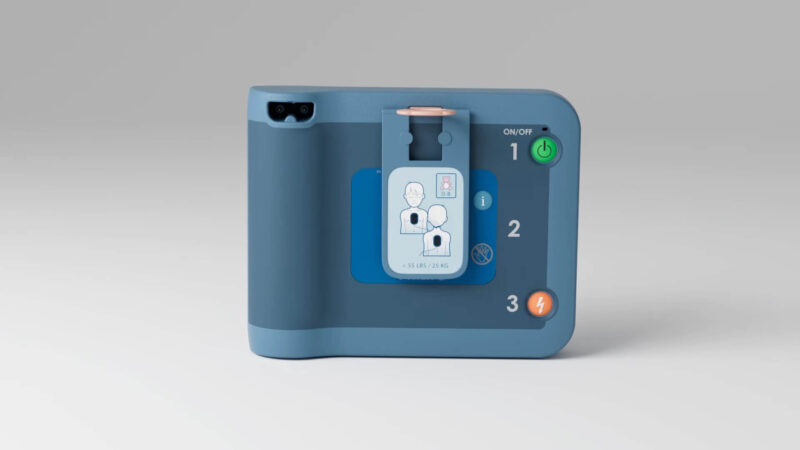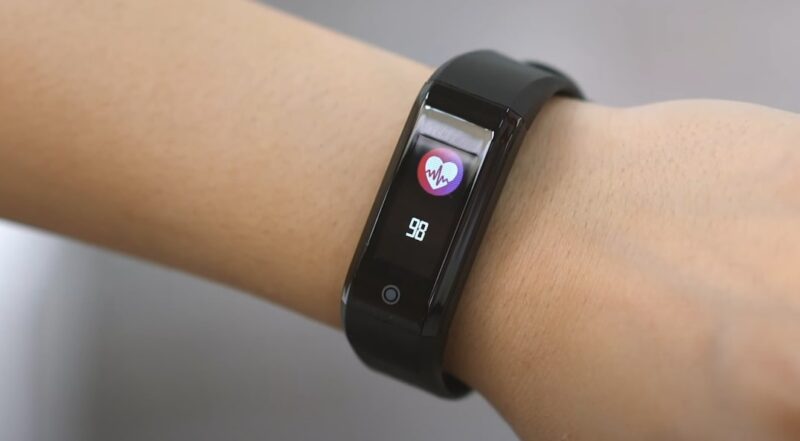Survivors frequently face a variety of extracardiac symptoms, including cognitive and psychological issues, which can significantly impact their quality of life.
This is further emphasized by studies indicating that the support on their social networks is both essential and burdensome, highlighting the complexity of the care required for these individuals.
We need to critically assess whether the support systems currently in place sufficiently meet the needs of these cardiac arrest survivors and their families.
Beyond initial medical care, ongoing emotional and psychological support is crucial for improving survivors’ long-term outcomes.
It is important for us, as a community, to evaluate how we can enhance these services and support networks to better accommodate the diverse challenges faced by these individuals and their loved ones.
Table of Contents
ToggleChallenges in Post-Arrest Care
These can include extracardiac symptoms such as fatigue, muscle weakness, and reduced endurance. Some may suffer from persistent chest pain or breathing difficulties.
Additionally, survivors are at risk for developing conditions like arrhythmias or heart failure, necessitating ongoing medical monitoring.
Achieving functional recovery is often a primary goal, and physical therapy can play a crucial role here. It helps improve muscle strength and mobility, which are vital for regaining independence in daily activities.
To empower individuals in providing immediate care, training in CPR is crucial. By visiting MyCPR NOW, people can access training modules that prepare them to act swiftly and effectively in cardiac emergencies.
Psychological Impact
Anxiety and depression are common, and some may suffer from post-traumatic stress disorder (PTSD). The suddenness of the event can lead to a fear of recurrence, significantly affecting mental health.
Social relationships may also suffer as survivors grapple with emotional changes and uncertainty about the future.
Counseling and therapy can be vital resources, providing emotional support and strategies to cope with these challenges. Family involvement in therapy sessions often aids in recovery by creating a stronger support network.
Addressing these psychological elements is critical for improving quality of life and ensuring long-term mental health stability.
Cognitive Impairment and Rehabilitation
Cognitive impairment is a significant concern for cardiac arrest survivors, impacting memory, attention, and executive function. These deficits can lead to difficulties in daily living and often require rehabilitation efforts to address.
Neuropsychological assessments can help identify specific cognitive challenges, allowing us to tailor rehabilitation programs to the individual’s needs. These programs often include exercises designed to improve memory, concentration, and problem-solving skills.
Access to cognitive rehabilitation services is crucial for helping survivors regain independence and improve decision-making skills. By focusing on cognitive recovery, we can enhance the overall rehabilitation process and help survivors return to their normal routines.
Current Mechanisms for Support
-
Emergency Response Systems
A well-coordinated system involving trained dispatchers, emergency medical personnel, and advanced equipment often determines the likelihood of survival and neurologic outcomes according to an NCBI study.
Improved dispatch protocols can guide bystanders in performing CPR or using automated external defibrillators (AEDs).
Public access to AEDs should be expanded, as well as public training programs to ensure more people feel equipped to help. Continuous evaluation and enhancement of these systems, including time-to-treatment measures, play a key role in ensuring the best possible outcomes.
-
Hospital Treatment Protocols
Hospitals have developed treatment protocols such as therapeutic hypothermia, which may help improve neurological outcomes. Our hospitals are constantly updating these protocols to incorporate the latest medical research and technology.
The coordination between emergency services and hospital teams is vital to ensure seamless care. Effective communication across departments, especially in high-stakes situations, reduces delays and improves treatment accuracy.
By refining these hospital protocols, we can potentially increase survival rates and improve post-discharge quality of life.
-
Long-Term Care Programs
Survivors often experience a range of extracardiac symptoms, including cognitive and psychological challenges. Programs focusing on rehabilitation, counseling, and support groups can significantly aid recovery and reintegration into daily life.
Collaborations with organizations like the Sudden Cardiac Arrest Foundation offer resources and networking opportunities for survivors and families. Additionally, ongoing research into survivorship models helps in tailoring these programs to be more effective.
By expanding access and adapting care models, we can better support the diverse needs of survivors and their caregivers.
Enhancing Quality of Life
| Service | Benefits |
| Physical Therapy | Enhances strength, mobility, and endurance |
| Mental Health Counseling | Addresses psychological impacts of cardiac events |
| Dietary Guidance | Assists in nutritional management post-recovery |
| Regular Follow-ups | Monitors health changes and manages complications |
| Lifestyle Education | Empowers with knowledge of exercise and diet improvements |
Community and Peer Support Networks
Community and peer support networks play a pivotal role in survivor recovery by providing emotional support and a sense of belonging. These networks, often consisting of survivors, family members, and volunteers, offer a platform to share experiences and advice.
Creating support groups can facilitate open discussions and foster connections. These groups often meet regularly, either in person or virtually, providing a safe space for sharing and learning.
Peer mentors, who are often fellow survivors, can offer personalized guidance and encouragement. Their firsthand experiences are invaluable for new survivors navigating the challenges of recovery.
Additionally, online forums and social media groups serve as accessible platforms for survivors to connect and support each other globally.
Innovations in Treatment and Recovery
Advancements in the care of cardiac arrest survivors are improving survival rates and quality of life significantly.
Here are some key innovations:
- Medical Technology: Wearable devices for heart monitoring, AI for predicting cardiac events, and more accessible defibrillators through public-access programs.
- Physical Therapy: New rehabilitation approaches focusing on balance, mobility, and gradual strength building.
- Psychological Support: Increased focus on mental health resources and cognitive rehabilitation to support survivors’ long-term recovery.
Bottom Line
The current support systems for cardiac arrest survivors offer a range of critical services, from emergency medical response to long-term rehabilitation, yet there’s a clear need for ongoing evaluation and enhancement.
While technological advancements and community networks provide significant support, addressing the complex psychological and cognitive challenges these survivors face is still essential.
To truly improve long-term outcomes, we must continually adapt our approaches, integrating the latest research and ensuring broader access to comprehensive care resources.













